The alternator’s major functions are the generation of electricity for the vehicle’s electrical components and the charging of the battery.
The alternator generates this electrical energy by converting mechanical energy.
If you were to try to start the car without an alternator, the battery alone itself would not be capable of producing enough power to get the engine running.
Also, read:
- CHARGING SYSTEM: COMPONENTS, FUNCTIONS, WORKING PRINCIPLE AND DIAGNOSIS TIPS
- Using a car battery charger
Even if you had a new vehicle battery and were lucky enough to turn the engine over, It’s only going to be running for about 10 min before the power cuts out.
The alternator is necessary to keep the battery recharged and alternate the electrical current throughout your vehicle’s many components to keep them powered.
Read:
Battery Ignition System: Parts, Function, Working, Advantages, and Disadvantages
Causes of Alternator Not Charging the Battery
A lot of people get confused when they occur to have electrical problems with their vehicle.
It’s simpler to misdiagnose these problems like a bad battery instead of a bad alternator.
To grasp the difference, you must first learn what causes an alternator to stop charging.
Then you can inspect the vehicle and see if the problem is the alternator.
Read – How to test a car battery
Here are the top five causes of an alternator not charging
1 – Computer Error
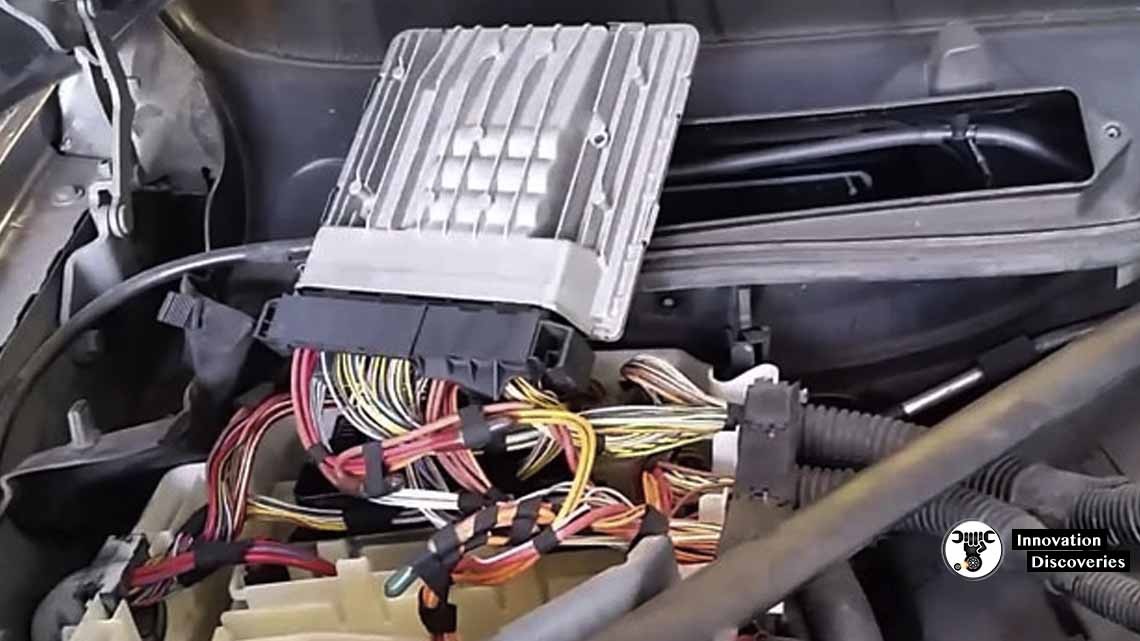
Most people are driving vehicles made within the last 20 years.
All these newer cars have a central computer system or an engine control unit (ECU) that manages and operates the vehicle’s components and parts.
This computer manages the alternator as well.
Therefore, all it would take is a computer error, and the result would be a malfunctioning alternator, preventing it from charging.
2 – Broken Belt or Pulley
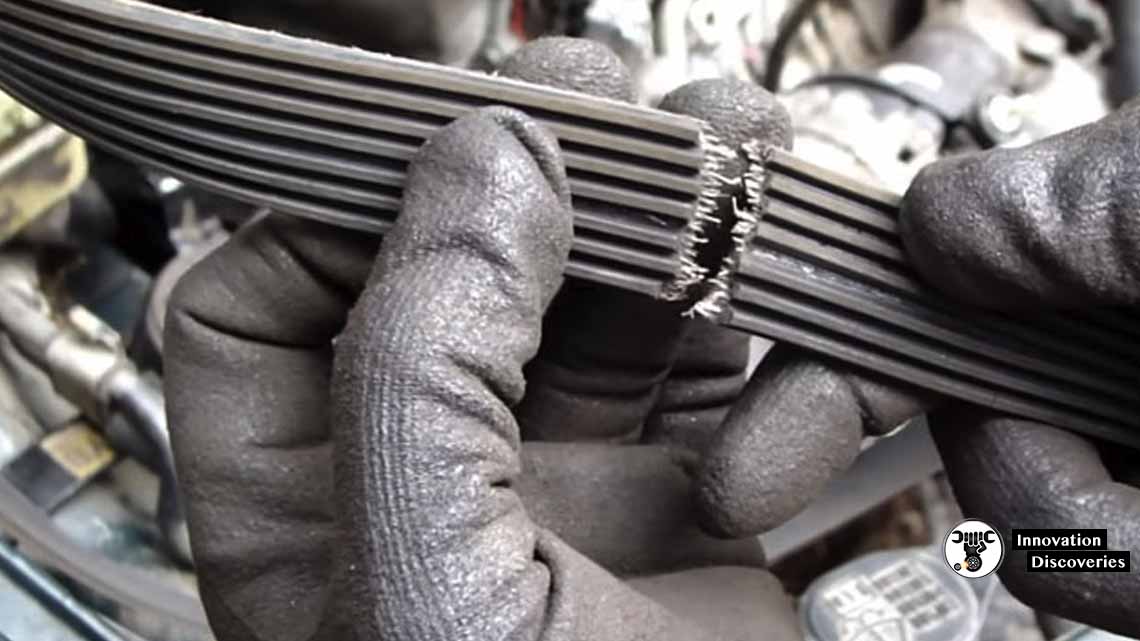
The belt and pulley produce the mechanical power which gets converted into electrical energy by the alternator.
Your serpentine belt can break easily if it’s stretched too much, causing it to snap apart.
After a while, the pulley can also get damaged.
In either case, the alternator will no longer be able to produce a charge for the battery.
3 – Blown Fuse
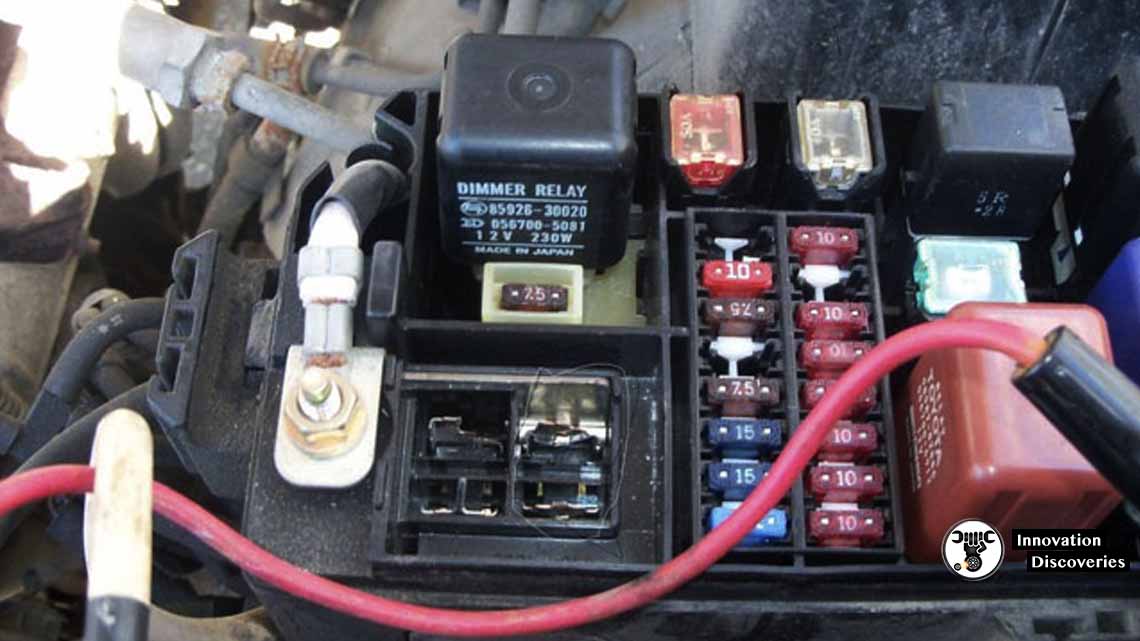
There are specific car models which have alternators that depend on a particular fuse to operate.
However, these fuses can blow simply from old age or due to a power surge.
Once that happens, the alternator will no longer charge the battery.
Not all vehicles have these fuses, so you’re going to have to check the owner’s manual to see if your car has them.
If so, it’s worth investigating in the event your vehicle battery is not charging precisely.
4 – Wiring Issues
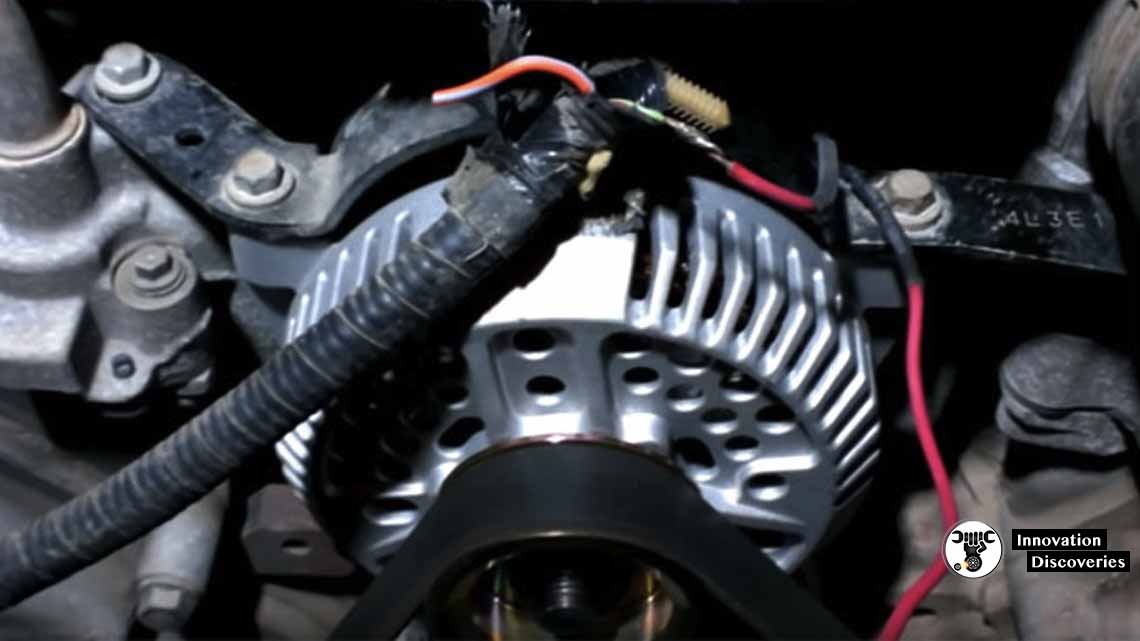
There are numerous wiring components in the car that help to produce power for the alternator.
Only need to disconnect or cut one wire to stop the power generation.
As a result, the alternator would not charge the battery until the wire is repaired or replaced.
5 – Bad Alternator or Battery
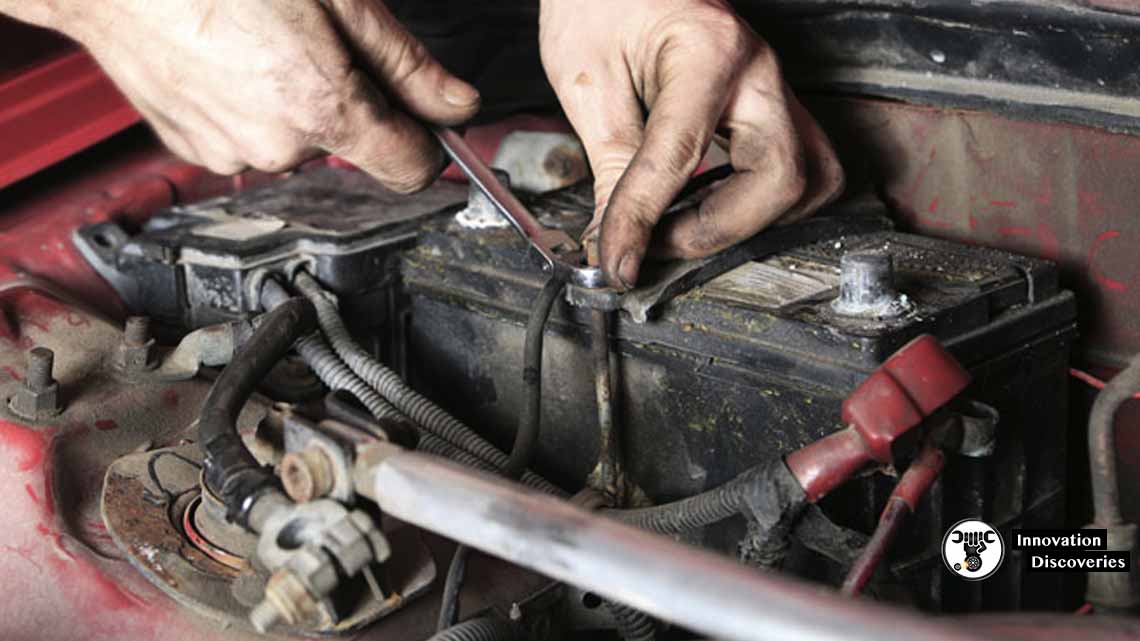
Alternators and batteries do not last forever, and each has their lifespans.
The car battery will last from 2 to 5 years, depending on how often you drive and the environment wherein you live.
Batteries usually last longer in colder environments and shorter in hotter environments.
Alternators will last about seven years or every 80,000 miles on average, but there are always exceptions.
How to Fix
The most common reason an alternator fails to charge a battery is that one of them is going bad.
You can conveniently measure the voltage by connecting a voltmeter to the battery when the engine is off.
Voltage readings should be between 12 and 13 volts.
You can assume that there is a battery problem when the reading is lower.
If your battery is good, start the vehicle and get the engine up to 2,000 rpm.
This is going to put a lot more demand on the alternator.
A decreasing voltage reading on your voltmeter indicates that you have an alternator problem.



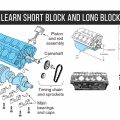
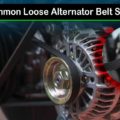

11 Comments